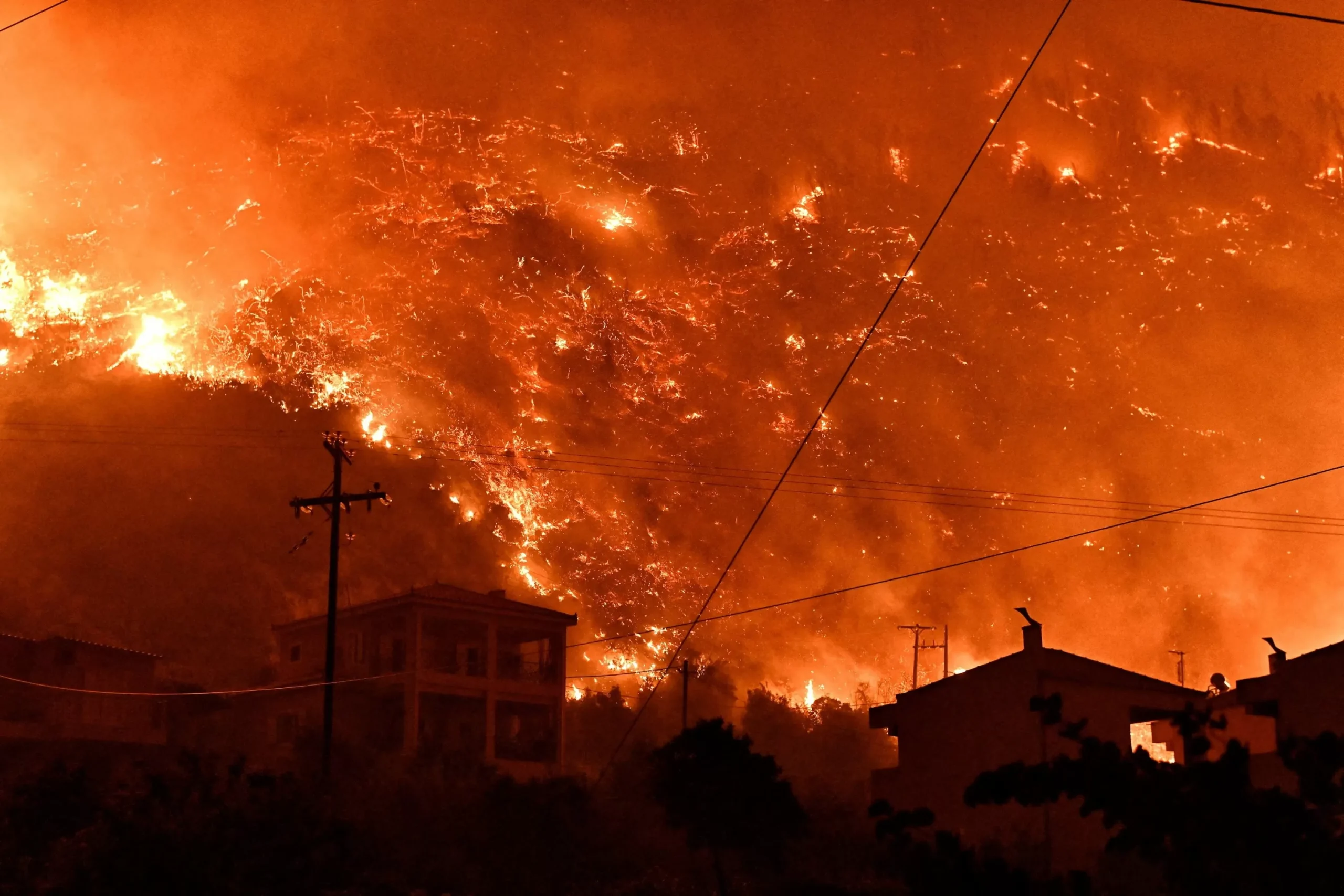The Earth is our home, and it is more important than ever to take care of it. With the increasing impacts of climate change, it is essential that we take action to mitigate its effects. The latest report from the Intergovernmental Panel on Climate Change (IPCC) has highlighted that the world is on a path to get 1.8 degrees Celsius (3.2 Fahrenheit) warmer than it is now. However, the report also offers a glimmer of hope, stating that we have the power to trim half a degree of that projected future heating if countries do everything they can to curb greenhouse gas emissions. This means that we still have a chance to make a significant difference and shape a better future for ourselves and generations to come.
The IPCC report, released in August 2021, serves as a wake-up call for the global community. It highlights the urgency of the situation and the devastating consequences of inaction. The Earth’s average temperature has already increased by 1.1 degrees Celsius (2 Fahrenheit) since the Industrial Revolution, and we are already seeing its impacts in the form of extreme weather events, rising sea levels, and loss of biodiversity. If we continue with business as usual, the world is projected to reach 1.8 degrees Celsius by the end of this century. This may not seem like a significant increase, but even half a degree can make a world of difference in terms of the severity of the impacts.
But as the saying goes, “where there is a will, there is a way.” The IPCC report emphasizes that we can still reduce this projected warming by following a combination of immediate, rapid, and large-scale emission reductions. This includes transitioning to renewable energy sources, such as solar and wind power, phasing out coal and other fossil fuels, and enhancing energy efficiency measures. We must also take steps to reduce emissions from transportation, agriculture, and industry. While these may seem like daunting tasks, various countries have already taken significant steps towards a cleaner and greener future.
For example, according to the Climate Action Tracker, the European Union, the United Kingdom, Japan, South Korea, and the United States have all pledged to achieve net-zero emissions by or before 2050. This means that these countries will balance their emissions by removing an equivalent amount of carbon from the atmosphere through natural or technological means. Moreover, many countries have also set more ambitious targets, such as the EU’s goal to reduce emissions by 55% by 2030. These commitments are essential as they not only demonstrate leadership but also inspire and motivate other countries to take similar actions.
But it’s not just up to governments to make a difference. Each and every one of us has the power to contribute to the solution. We can make small changes in our daily lives, such as reducing energy consumption, using public transportation, and reducing food waste. These seemingly insignificant actions, when done together by millions of people, can make a significant impact. We can also support companies and organizations that prioritize sustainability and actively participate in carbon offsetting programs.
It’s also crucial to remember that climate change is a global issue, and it requires global action. This means that developing countries, which often bear the brunt of the impacts of climate change, must also have access to the necessary resources and technology to mitigate its effects. Wealthier nations must fulfill their responsibilities and provide support through climate financing, technology transfer, and capacity-building initiatives.
The IPCC report also highlights that the next decade is critical in determining the trajectory of global warming. This means that there is a small window of opportunity for us to act and make a significant impact. As citizens, we must hold our governments accountable and demand ambitious and concrete actions to address the climate crisis. We must also continue to educate ourselves and others about the issue and spread awareness. Every individual can make a difference, and together, we can create a more sustainable and resilient world.
In conclusion, while the IPCC report shows the dire situation we are facing, it also offers hope and a way forward. We must take this opportunity and act now to reduce our emissions and protect our planet. The world is on a path to get 1.8 degrees Celsius (3.2 Fahrenheit) warmer, but with collective efforts and determination, we can trim half a degree of that projected future heating. Let’s take action today for a better and brighter tomorrow.








